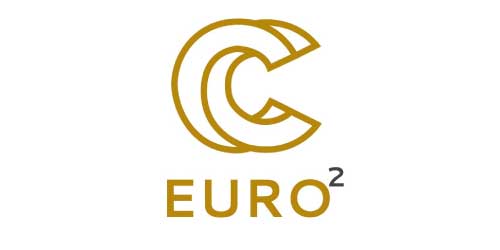EuroCC 2 goal is to identify and address the skills gaps in the European High Performance Computing (HPC) ecosystem and coordinate cooperation across Europe to ensure a consistent skills base.
The role of EuroCC 2 is to establish and run a network of more than 30 NCCs across the EuroHPC Participating States. The NCCs act as single points of access in each country between stakeholders and national and EuroHPC systems. They operate on a regional and national level to liaise with local communities, in particular SMEs, map HPC competencies and facilitate access to European HPC resources for users from the private and public sector.
EuroCC 2 delivers training, interacts with industry, develops competence mapping and communication materials and activities, and supports the adoption of HPC services in other related fields, such as quantum computing, artificial intelligence (AI), high performance data analytics (HPDA) to expand the HPC user base.
The latest phase of this initiative will build on the achievements of EuroCC, in particular supporting and further developing the HPC Competence Centres and building the overall European HPC ecosystem.




